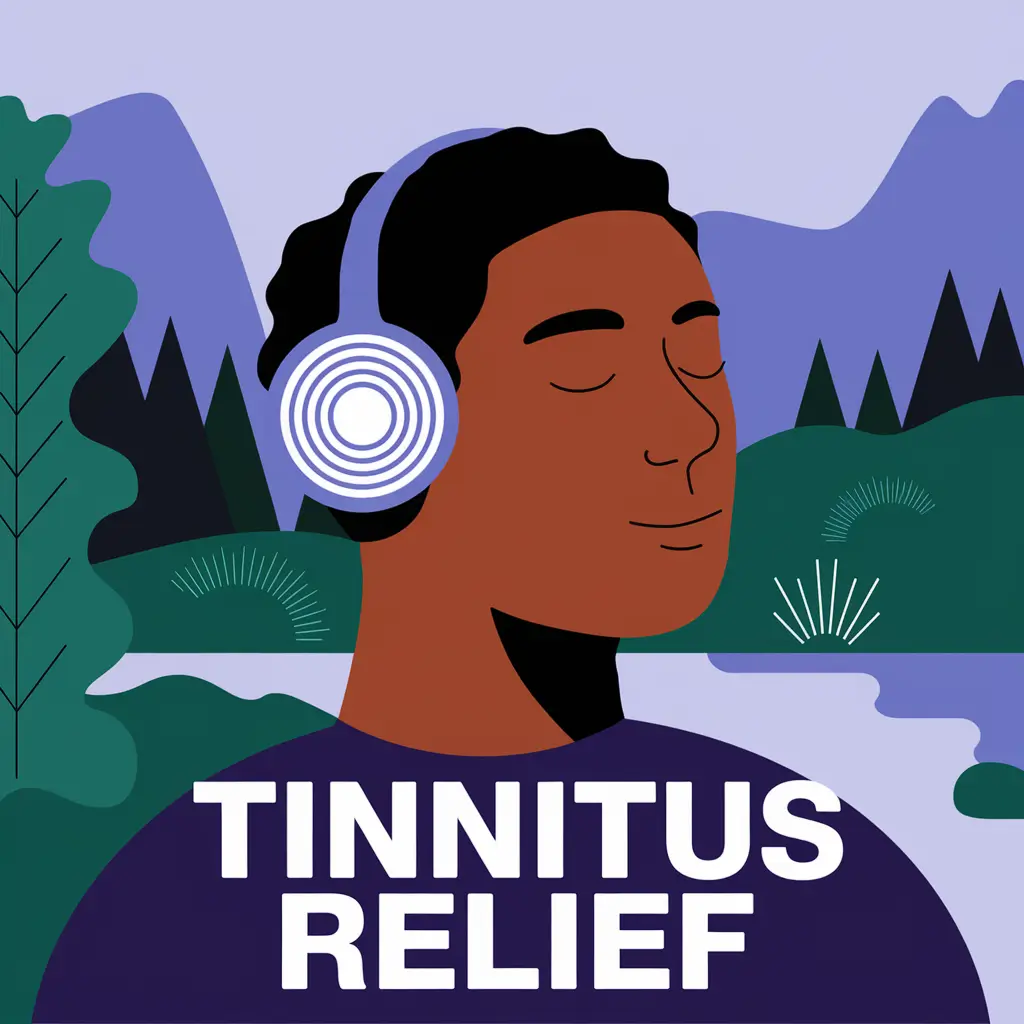Tinnitus can be triggered by various factors, and its exact cause can sometimes be difficult to pinpoint. While it’s commonly linked to damage in the ear or auditory system, other underlying conditions may contribute. Understanding the causes of tinnitus is crucial in managing its symptoms and finding effective treatments to reduce its impact on daily life…
- Age-related hearing loss: As people age, hearing loss becomes more common, often resulting in tinnitus.
- Noise exposure: Prolonged exposure to loud noises, such as concerts or heavy machinery, can damage the ear’s sensory cells, leading to tinnitus.
- Earwax buildup: Excessive earwax can block sound and irritate the eardrum, causing ringing sensations.
- Head or neck injuries: Trauma to these areas can affect the nerves and blood vessels involved in hearing, potentially triggering tinnitus.
- Certain medications: Drugs like antibiotics, antidepressants, and aspirin can have side effects that include tinnitus.
- Underlying medical conditions: Conditions such as Meniere’s disease, high blood pressure, and diabetes can also contribute to tinnitus.

Identifying the underlying cause of tinnitus is essential for effective treatment. In some cases, making lifestyle changes or addressing specific health issues can reduce the severity of symptoms. It’s important to consult a healthcare provider to determine the best course of action based on individual circumstances.
What are the symptoms of tinnitus?
Tinnitus is characterized by hearing sounds in the absence of an external source, which can vary in type and intensity. These phantom noises may be constant or intermittent and can significantly affect daily life, especially in quiet environments. Recognizing the symptoms of tinnitus is essential for seeking appropriate medical advice and finding effective ways to manage its impact.
Symptoms of Tinnitus:
- Ringing: A high-pitched tone commonly described as a continuous ring in one or both ears.
- Roaring: A low, rumbling noise resembling a distant engine or waterfall.
- Buzzing: A persistent or intermittent buzzing sound that can feel intrusive.
- Hissing: A sound similar to escaping steam or a faint white noise.
- Clicking: Rhythmic sounds that may coincide with muscle movements or blood flow in the ear…
Tinnitus symptoms can vary widely among individuals, from mild annoyance to severe disruption of daily activities. Understanding the type and pattern of sounds can help healthcare providers diagnose underlying causes. While there is no universal cure, managing stress, avoiding loud environments, and seeking medical advice can significantly improve quality of life
How is tinnitus diagnosed?
Tinnitus is diagnosed through a detailed medical history and symptom discussion with a healthcare provider. The doctor may ask about the nature of the sounds, their frequency, and any related factors, such as hearing loss or exposure to loud noise. This helps narrow down potential causes.
A physical examination of the ears, head, and neck is often performed to identify any visible issues. Additional tests, like hearing assessments or imaging scans, may be recommended to evaluate the auditory system and rule out underlying conditions.
Specialized tests, such as audiometry, can measure hearing levels and detect any associated hearing loss. In some cases, a tinnitus-matching test is used to replicate the sound heard by the patient, aiding in diagnosis and personalized treatment planning.
How is tinnitus treated?
Tinnitus treatment focuses on alleviating symptoms and enhancing quality of life, as no universal cure exists. The approach varies based on the individual’s needs and underlying causes. Treatments like hearing aids, sound therapies, or medications such as NeuroQuiet are often combined with counseling and relaxation techniques for a comprehensive solution…
- Hearing aids: Enhance hearing and reduce tinnitus by amplifying external sounds.
- Cochlear implants: Assist those with severe hearing loss and associated tinnitus.
- Maskers or sound generators: Provide soothing background sounds to mask tinnitus.
- Medicines: NeuroQuiet and similar medications may help calm neural activity linked to tinnitus.
- Tinnitus retraining therapy: Combines sound therapy and counseling to retrain the brain’s response to tinnitus.
- Counseling: Helps patients manage emotional and psychological impacts.
- Relaxation techniques: Reduces stress, a common trigger that can worsen tinnitus.
Tinnitus management often requires a tailored combination of treatments. Medications like NeuroQuiet show potential in reducing symptoms but must be prescribed by a healthcare provider. Combining medical interventions with lifestyle adjustments and professional support improves the chances of long-term relief and better coping strategies.

Living with tinnitus
Living with tinnitus can be challenging, but adopting coping strategies can make a significant difference. Using sound therapy, maintaining a healthy lifestyle, and managing stress are key ways to reduce the condition’s impact on daily life.
Seeking support from healthcare professionals and connecting with others who have tinnitus can provide emotional relief. With proper management, many people find ways to adapt and lead fulfilling lives despite the condition.
In conclusion, tinnitus relief requires a personalized approach, combining treatments like sound therapy, counseling, and medications such as NeuroQuiet. Addressing underlying causes and adopting stress management techniques can significantly improve quality of life, empowering individuals to live well despite the condition.


